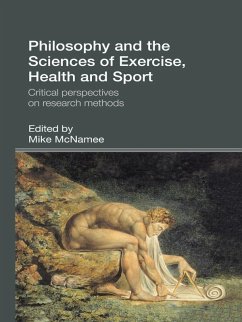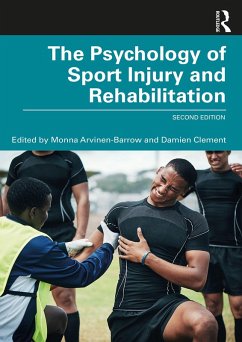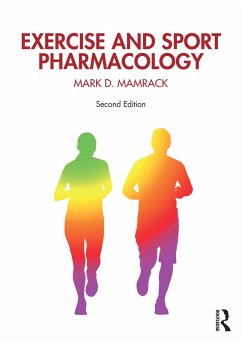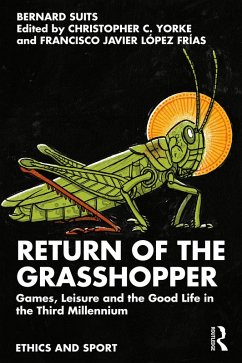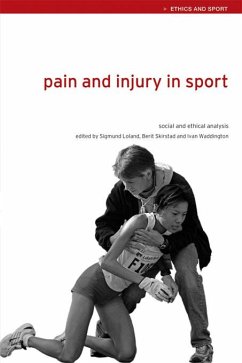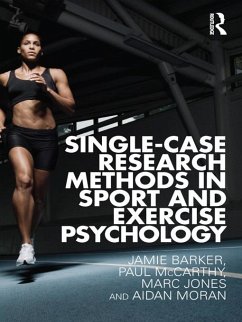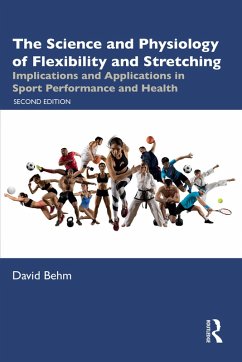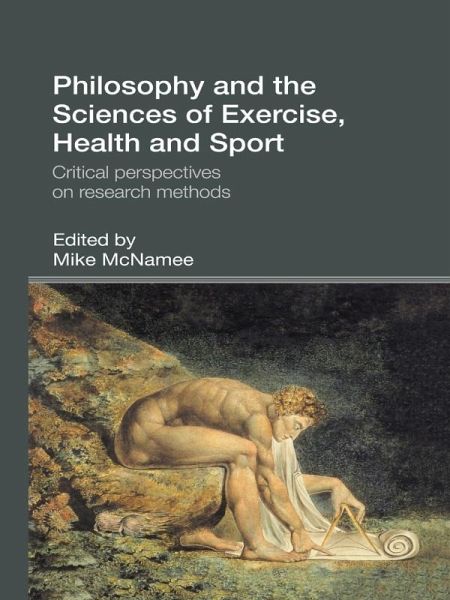
Philosophy and the Sciences of Exercise, Health and Sport (eBook, ePUB)
Critical Perspectives on Research Methods
Redaktion: Mcnamee, Mike
Versandkostenfrei!
Sofort per Download lieferbar
56,95 €
inkl. MwSt.
Weitere Ausgaben:

PAYBACK Punkte
28 °P sammeln!
Philosophy and the Sciences of Exercise, Health and Sport is a unique interdisciplinary study that calls on researchers in these disciplines to reflect more critically on the nature and aims of scientific enquiry. In doing so, the book questions the underlying assumptions and development of science itself.Written by a range of internationally respected philosophers, scientists and social scientists, each chapter addresses a key issue in research methodology. Questions asked by the authors include: Do natural and social scientists need to understand the philosophy of science? Are statistics mi...
Philosophy and the Sciences of Exercise, Health and Sport is a unique interdisciplinary study that calls on researchers in these disciplines to reflect more critically on the nature and aims of scientific enquiry. In doing so, the book questions the underlying assumptions and development of science itself.
Written by a range of internationally respected philosophers, scientists and social scientists, each chapter addresses a key issue in research methodology. Questions asked by the authors include:
Philosophy and the Sciences of Exercise, Health and Sport serves notice to exercise, health and sport researchers to think more philosophically about their subject and its scientific bases. It is essential reading for postgraduate researchers seeking to establish a sound theoretical foundation for their work.
Written by a range of internationally respected philosophers, scientists and social scientists, each chapter addresses a key issue in research methodology. Questions asked by the authors include:
- Do natural and social scientists need to understand the philosophy of science?
- Are statistics misused in sport and exercise science research?
- Is sport science research gender-biased?
- How do external and commercial interests skew professional guidelines in health and sport reserach?
- Should scientists focus their attention on confirmation of theories, or on attempts to falsify them?
Philosophy and the Sciences of Exercise, Health and Sport serves notice to exercise, health and sport researchers to think more philosophically about their subject and its scientific bases. It is essential reading for postgraduate researchers seeking to establish a sound theoretical foundation for their work.
Dieser Download kann aus rechtlichen Gründen nur mit Rechnungsadresse in A, B, BG, CY, CZ, D, DK, EW, E, FIN, F, GR, HR, H, IRL, I, LT, L, LR, M, NL, PL, P, R, S, SLO, SK ausgeliefert werden.




